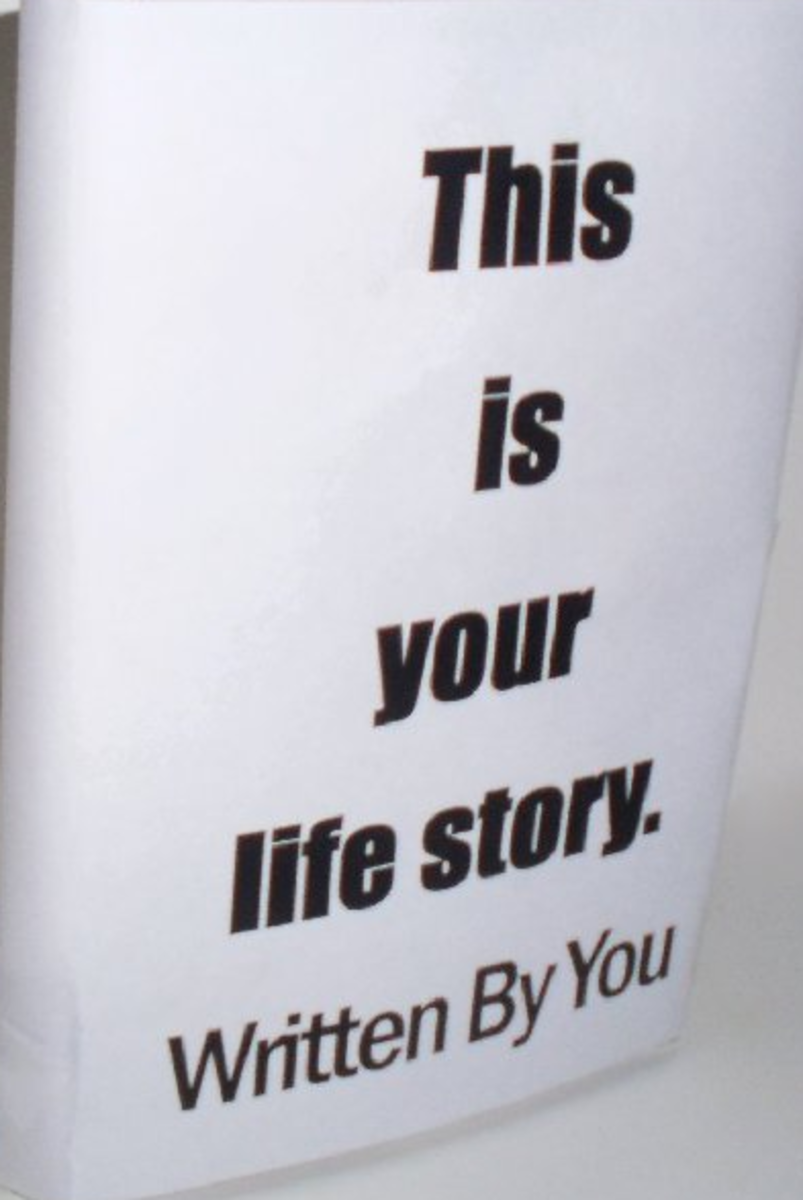The Writer's Mailbag: Installment Eighty-Seven
Busy Days and Busy Nights
I’m managing to keep up with my writing despite being pulled in far too many directions, so I’m happy about that. We’ll see how long it lasts. All I know about the future is that there is one, so I guess I’ve got that working for me.
Let’s just get right to it. The Mailbag is full today and for that I’m grateful.
GENRE DILEMMA
From Molly: “I may be able to help fill out the question roster for next week. I'm writing a novel that, while not actually being a romance, has much of the trappings that people would associate with romance. The reason it's not a romance is that the main characters do not (and can never) love each other. This novel is going to be self-published. How could I make the actual genre clear to potential readers without bright bold text saying "It's not what it looks like" on the cover? Even if it's in the correct genre on the self-publishing website, I'm worried people may pass over it due to the conflicting genre elements.”
Mary, congratulations on asking a question never asked before, and it’s a good one.
Welcome to the dilemma most of us face with genres and fiction classifications. I understand completely your question and problem, but I don’t have a “one size fits all” answer. The best you can do is put it in the genre you believe it most closely resembles, and then…and this is important….on the back cover, and in the book description that will be seen by prospective buyers, write a paragraph, or two, in such a way that the true nature of your book is known and understood. The jacket blurb is your best friend when it comes to revealing just enough about the book to create interest in it.
I hope that helps.

Submission Guidelines
From Mary: “Another question for a mailbag , if you deem it worthy. I was looking at a magazine's article submission page recently and their guidelines were strict. In essence they said unless you had had a best seller, using the traditional publishing route, don't bother submitting anything. My question is do you think that the arrogance in this is justified? I know publishers hold a lot of credibility. I also know there are some self published books which aren't great (your quail marketing book for example). How can people who self publish get that credibility? Is it only through sales, a strong online presence, or perseverance and perspiration?”
If I deem it worthy? LOL It’s definitely worthy, Mary, and I thank you for the question.
Is it arrogance or is it the reality of today’s publishing world? Traditional publishers have it tough these days. Competition from eBooks has taken a 30% bite out of profits and they simply can’t afford to allocate marketing and publishing funds for “borderline” books by unknown writers. I really do understand that from a marketing standpoint, and so, by extension, I understand them just taking on established best-seller writers.
The second part of your question is the important matter….how do those who self-publish gain credibility, and the answer can be found in all three of the answers you provided plus a huge emphasis on one other….MARKETING!
There are self-published writers each year who make it big and then are picked up by traditional publishers. The key is to make it big first, and that only happens through great writing and a solid marketing program. If a self-published author thinks they are going to set the world on fire with their brilliant novel without doing some marketing they are sadly mistaken. Sit down and decide how you are going to market your book, then brainstorm with friends for their marketing ideas and then….and this is huge…then DO IT!!!!!

My favorite writing book
21st Century Styles and Genres
From Brad: “The question now that I have made you dizzy is can you read a novel and categorize the style into a limited number of possibilities? For example, you see the sentence..... It was a dark and stormy night.....You recognize it as being the work or style of some famous author. What are the styles of the 21st century, that set this century apart from all the rest. Or is there just an endless continuum for existing styles across the centuries?”
It’s an interesting question, Brad. I don’t know that there is a definitive answer to it. I’ve given it some thought and I honestly don’t think there is a defining style in the 21st Century. There may be greater emphasis on teen lit or young adult than there once was, but I haven’t seen any drop off in the number of thrillers, mysteries, historical fictions, biographies or fantasies.
If you look at the top five selling genres in literature these days, it hasn’t changed that much since the last decade or the decade before that….with the exception of young adult on the increase, thanks in part to books like The Hunger Games.
So my answer to your question is I don’t think there are styles that set this century apart. Writing is writing is writing…new plots, new ways of writing established styles….same basic plots recycled….and still entertaining and enjoyable for those of us who love to read.

Similes and Cliches
From Mary again: “A few thoughts about today's mailbag. In the question from Theo, I think that is a brilliant idea about people watching for inspiration. Regarding the similes though, how can we be sure they will be understood by the target audience and not sound like a cliche?I read so many metaphors and similes on the internet that I just don't get.”
Great question about the similes and my answer to you is if a writer uses metaphors or similes that his/her audience doesn’t understand, then that writer has failed. You are absolutely correct in what you say. Using similes and metaphors must be done with a purpose in mind, and once it is decided to use them, they must be obvious and clear or that purpose is lost. As you correctly stated, the target audience is the key. If I use a simile that was popular when I was a kid, which had significance when I was a kid, it might be totally useless and meaningless to today’s audience…..so the onus is on me, the writer, to make sure that doesn’t happen.
Getting Stuck
From Eric: “Which reminds me to ask you. When you get stuck on a particular line or paragraph and it just isn't gelling right do you just keep going and come back to it or do you keep pounding until you get it right? Or is it a mix?”
Nice nuts and bolts question, Eric. I think this is purely subjective. For me personally, if it doesn’t come to me in ten or fifteen minutes I’ll just move on. Chances are excellent that it will come to me on the second or third rewrite. At least it has in the past. I say that because I don’t believe in hindering creativity and flow, and fretting over one line or paragraph for too long, for me, is the opposite of free-flow writing.
Unwanted Ads
From Stages of Me: “As always wonderful tips and advice, hope it is okay to ask this question here? You are so full of wisdom, so do you have tips on removing ads that may not be appealing to an individual hubber? Any help appreciated Thanks as always prayers and blessing to you.”
Stages, it is always okay to ask a question, and thank you for this one.
Honestly, my friend, I am so out of touch with the HP guidelines, and the Adsense guidelines, I simply don’t know the answer to this question. My gut reaction is there is no way HP or Adsense would allow anyone to recommend different ads, but I could be completely wrong. Let me go do some research. I’ll be right back.
I’m back and I can’t find it anywhere on HubPages. The way the ads are decided upon leads me to believe you can’t change them once they appear but again, and I hope one of our readers knows, I really don’t know for sure one way or another. If I’m not mistaken, the types of ads are determined by subject matter of the article and keywords in that article, and I don’t see a mechanism in place where the writer can change an ad or even suggest a change.
Sorry!
My writing guide available on Amazon
That’s It for This Week
And a huge thank you for all the great questions. I’ll see you all next week as the march to one-hundred continues
2016 William D. Holland (aka billybuc)
“Helping writers to spread their wings and fly.”












